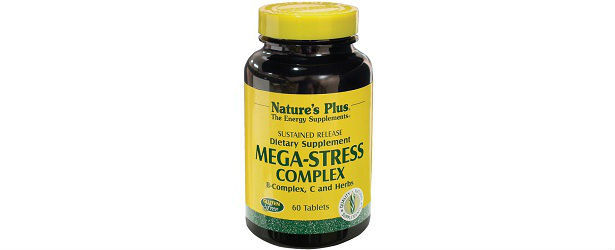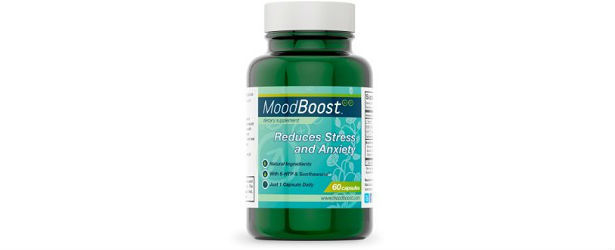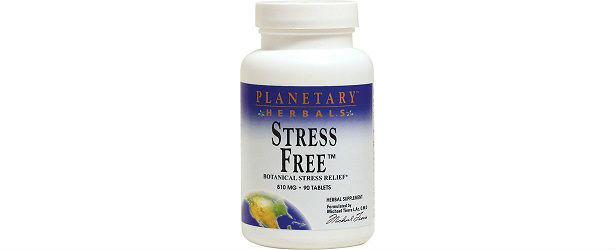
Self-Help Anxiety Care, Therapy and Medication
Are you trying to learn how to deal with anxiety? Are you going through a stressful period in your life that is leaving you upset and anxious? Or perhaps you’re stressed and anxious – but have no idea why. Anxiety can make us miserable and it can interfere with everyday life. Below is an overview of things you can do to lessen your anxiety and return your life to normal.
Self Help
Self-help methods can be effective if your stress and anxiety are minimal. You may be surprised to discover how doing simple things like getting a massage, launching an exercise program, removing caffeine from your diet, or quitting smoking can make you feel so much better afterwards. It’s also critical to get enough sleep. Inadequate sleep can reduce your resistance to anxiety, making it more likely for little annoyances to set your anxiety off. Exercises and techniques such as controlled breathing, progressive muscle relaxation, and meditation can also help lower your anxiety to manageable levels.  If these self-help methods don’t work, don’t give up. There are other options that can also help anxiety sufferers. Several different types of therapy can be highly effective in reducing anxiety, including cognitive-behavioral therapy or exposure therapy. There are also medications that can help as well, especially when combined with therapy.
If these self-help methods don’t work, don’t give up. There are other options that can also help anxiety sufferers. Several different types of therapy can be highly effective in reducing anxiety, including cognitive-behavioral therapy or exposure therapy. There are also medications that can help as well, especially when combined with therapy.
Therapy
The first decision to make when considering therapy is finding a reputable mental health provider whom you trust – one trained to handle anxiety disorders. Your personal physician is a good place to start looking. If this is beyond your doctor’s scope of practice, the physician can refer you to a mental health specialist – a psychiatrist, psychologist, counselor, or social worker. Once you find your therapist, that person will determine which type of therapy is best for your personal situation. The use of cognitive-behavioral therapy transforms anxiety-creating thought patterns into positive and constructive thoughts. For instance, a person with an extreme germ phobia, can learn that germs are normal, that not every germ is lethal and that some bacteria are useful and even necessary, They ultimately come to realize that it’s futile to be constantly worrying about them.
Exposure therapy is frequently used to treat common fears or phobias. In this type of therapy, the therapist exposes the patient to the condition or situation that causes fear while gradually increasing the exposure until the patient discovers that nothing will happen to them when they confront their fear. Once patients realize that their fear is not based in reality, they are less likely to allow it to overtake their lives.
Medications
 If therapy by itself is not enough to cure your anxiety, consider medications. Medications don’t cure anxiety, but they can alleviate its symptoms while the patient undergoes therapy to address the root cause of the anxiety. Everybody responds to medication differently, so it may take a bit of experimenting to find the right drug for your situation and your physiology. The most common anti-anxiety prescription drugs are antidepressants and benzodiazepines. Antidepressants start working after the first dose, but can take up to six weeks to reach their full potential. Antidepressants are typically employed for long-term use rather than for acute anxiety attacks. Benzodiazepines, however, work more quickly. Yet they can also be addictive, and users may suffer withdrawal symptoms. As you experiment to find a treatment that works best for you, be patient and keep persevering. Like so many other anxiety sufferers, you to can eliminate anxiety and worry from your life and become happy and productive.
If therapy by itself is not enough to cure your anxiety, consider medications. Medications don’t cure anxiety, but they can alleviate its symptoms while the patient undergoes therapy to address the root cause of the anxiety. Everybody responds to medication differently, so it may take a bit of experimenting to find the right drug for your situation and your physiology. The most common anti-anxiety prescription drugs are antidepressants and benzodiazepines. Antidepressants start working after the first dose, but can take up to six weeks to reach their full potential. Antidepressants are typically employed for long-term use rather than for acute anxiety attacks. Benzodiazepines, however, work more quickly. Yet they can also be addictive, and users may suffer withdrawal symptoms. As you experiment to find a treatment that works best for you, be patient and keep persevering. Like so many other anxiety sufferers, you to can eliminate anxiety and worry from your life and become happy and productive.
TOP 5
ANXIETYTreatments |
|||||
| AnxiClear | Exulin | Hapinex | MindSoothe | ReloraMax | |
|---|---|---|---|---|---|
| 1 | 2 | 3 | 4 | 5 | |
| Overall Rating | 99.50% | 87.30% | 82.10% | 76.80% | 72.80% |
| Performance* |





|





|





|





|





|
| Speed of Results* | Extremely Fast | Good | Good | Average | Average |
| Quality of Ingredients | Premium | Good | Good | Average | Unknown |
| Customer Satisfaction Evaluation | 99.40% | 85.30% | 80% | 74% | 70.30% |
| Safety Evaluation | Safe for Use | Safe for Use | Safe for Use | Safe for Use | Safe for Use |
| Customer Service Rating |





|





|





|





|





|
| Reorder Rate | Highest | Good | Average | Average | Average |
| Return Policy | Risk Free | Unopened | Unclear | Good | Risk Free |
| Success Rate* | 99.40% | 86.20% | 81% | 74.50% | 69% |

 Subscribe Now
Subscribe Now











